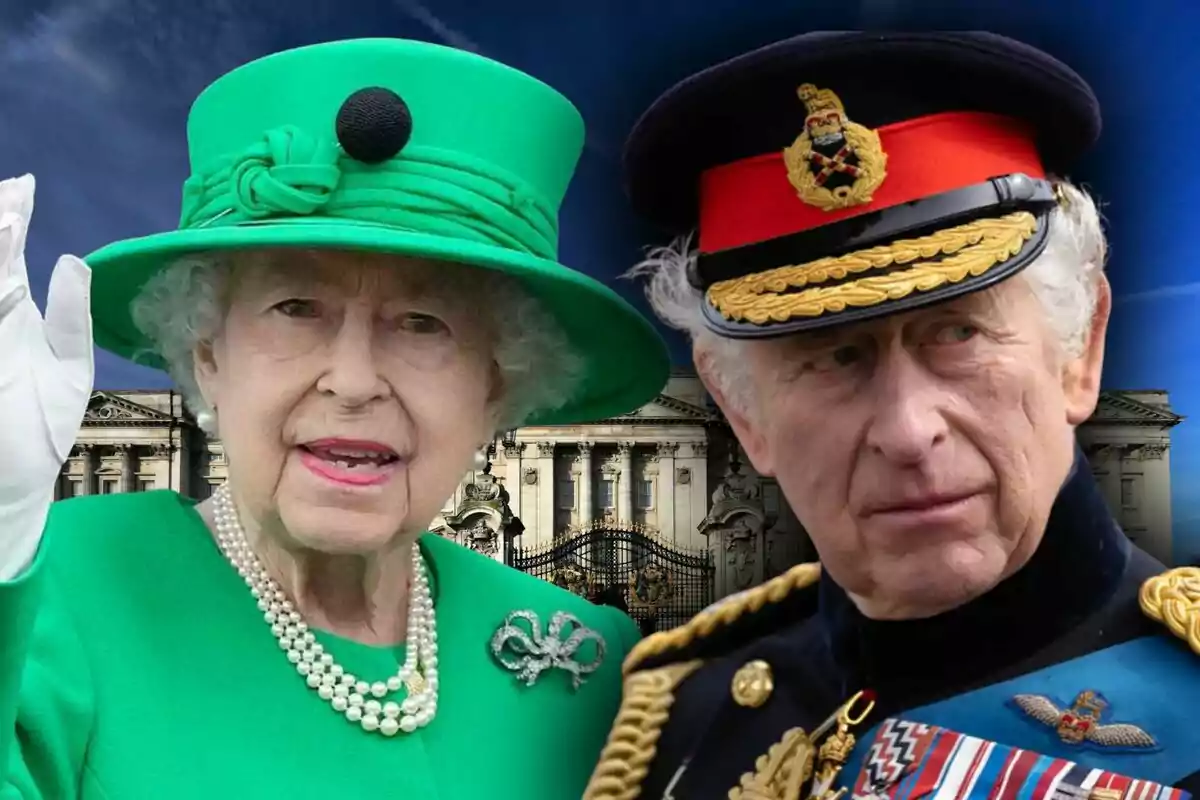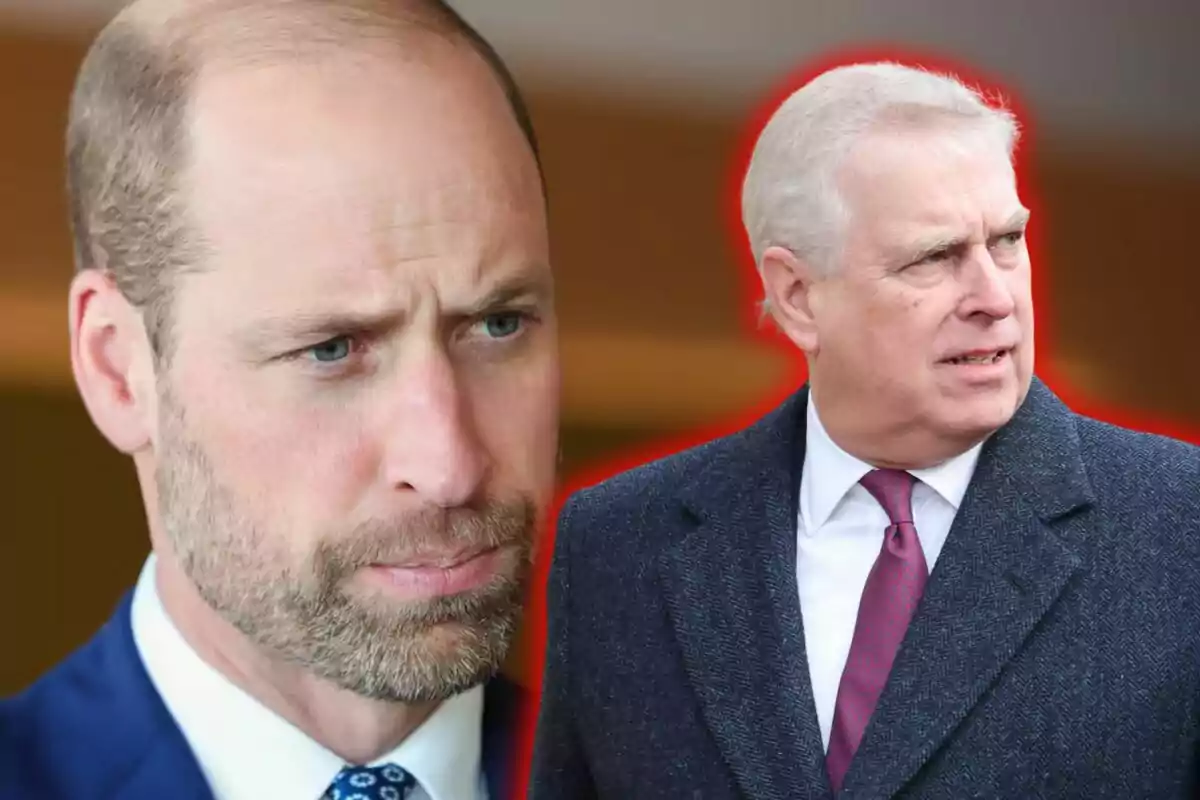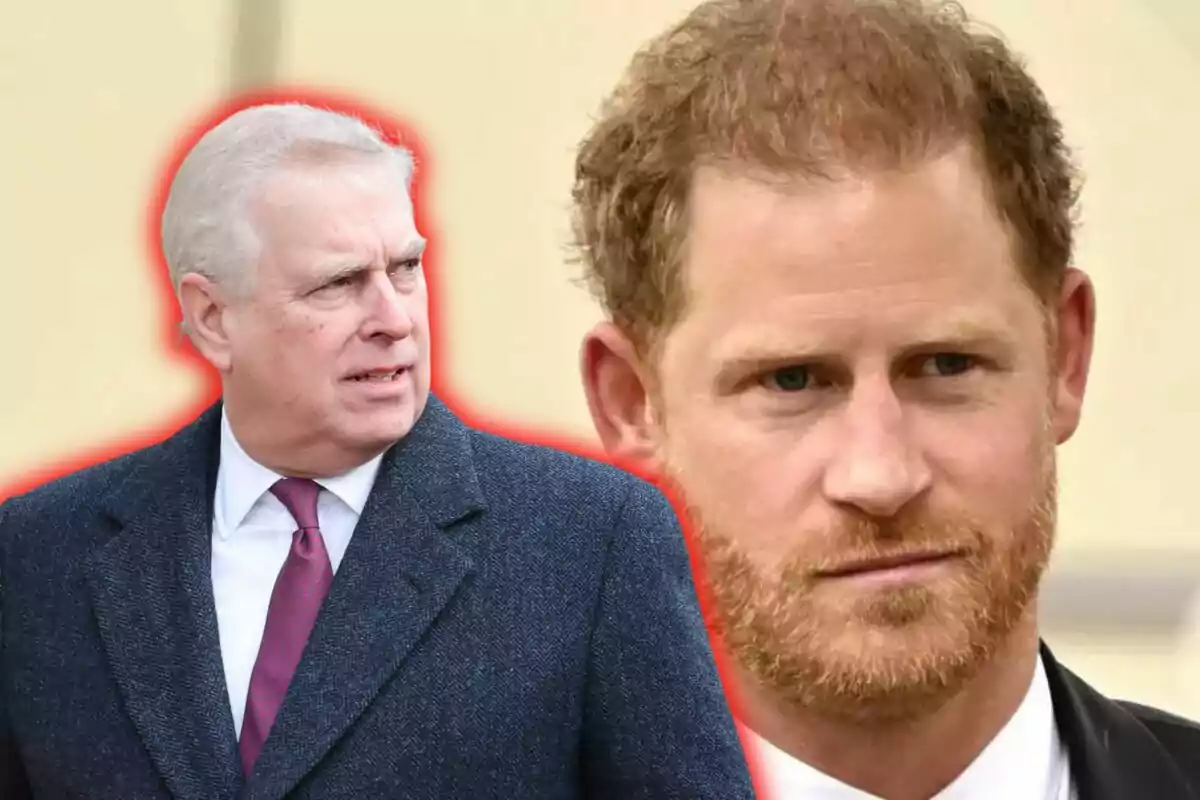The wind isn't blowing in favor of the Duke of York at Buckingham. The feeling is back that something could break, that the rope can't hold any longer. This time, it's not just a storm of headlines: there are new revelations, devastating polls, and, above all, a legal debate that can no longer be avoided.
A book reopens the case and puts Downing Street under pressure
The biography entitled: The Rise and Fall of the House of York, written by historian Andrew Lownie, has uncovered episodes that fuel the idea that Andrew is a systemic problem for the House. Meanwhile, Prince Harry's team has categorically denied one of the most talked-about passages and has sent legal letters over the serialization of the work.
The focus, in any case, is once again on Andrew and his role in the Windsor ecosystem, with the harshest media climate since his 2019 interview. Both general and specialized media have reported on it throughout this week.

The conversation has also reached royal analysis studios. On Palace Confidential, several royal correspondents—including Richard Kay, Rebecca English, and Richard Eden—openly discuss what to do with the Duke after the new editorial earthquake. The debate is no longer about whether he returns to public life, because that stage has passed; it's about how to remove him even further from the board without triggering another crisis.
The most viable move: effectively removing him as Counsellor of State
Andrew is still legally listed in the small group that can represent the monarch if he is absent or indisposed. The law was updated in 2022 to add Princess Anne and the then Earl of Wessex, precisely to avoid relying on non-active members like Andrew or Harry.
In practice, only active members are drafted on, and that is currently the most effective firewall managed by the Palace. It's the discreet, efficient, and politically least costly step.

With the King undergoing treatments and a tight schedule, the constitutional machinery has shown that it can function without involving Andrew. The conclusion of legal experts is clear: keeping him frozen on the list, but out of play, is legal, simple, and sends an unequivocal message of renewal without opening a parliamentary battle.
Removing the Duke of York title? The hard route requires law and political will
Stripping him of the dukedom sounds decisive, but it clashes with legal reality. Inherited noble titles can only be removed by an act of Parliament. There are distant precedents—the Titles Deprivation Act of 1917—but they require a political storm that no one seems willing to unleash today.
Not even the new government has incentives to open that Pandora's box amid other national priorities. That would explain why they preferred to strengthen the role of Counsellors of State instead of promoting an ad hoc law against Andrew.
Habló la mujer que denuncia al Príncipe Andrés por acoso sexual
Attempts to give the monarch a general tool for removing titles have circulated in Westminster in recent years, without success. The door isn't closed, but it doesn't seem near. Social pressure could revive it if more revelations emerge, and that is the real fear in the House of York.
Royal Lodge, public opinion, and the ongoing wear and tear
The other sensitive front is Royal Lodge. Andrew remains in the Windsor mansion thanks to a 75-year lease (signed in 2003), which protects him as long as he keeps up with maintenance and rent. The dispute with his brother over the use and cost of the property has been harsh, and the cuts to his allowance and personal security have further strained coexistence. All of this reinforces the idea that the Duke is not only a reputational problem, but also a logistical and financial one.
The polls put the finishing touch: the Duke is by far the most unpopular member of the royal family. The latest YouGov data are devastating and confirm that there is no room for public comebacks without a script change that no one can foresee today. In communications, that is a life sentence.
Limited transparency, nonexistent learning
Opacity remains a wall. Researchers and journalists have spent years denouncing the documentary shield and the extensive use of information exceptions around Andrew. That culture of silence explains why every leak becomes dynamite, and why the political cost of protecting him increases with each season.

